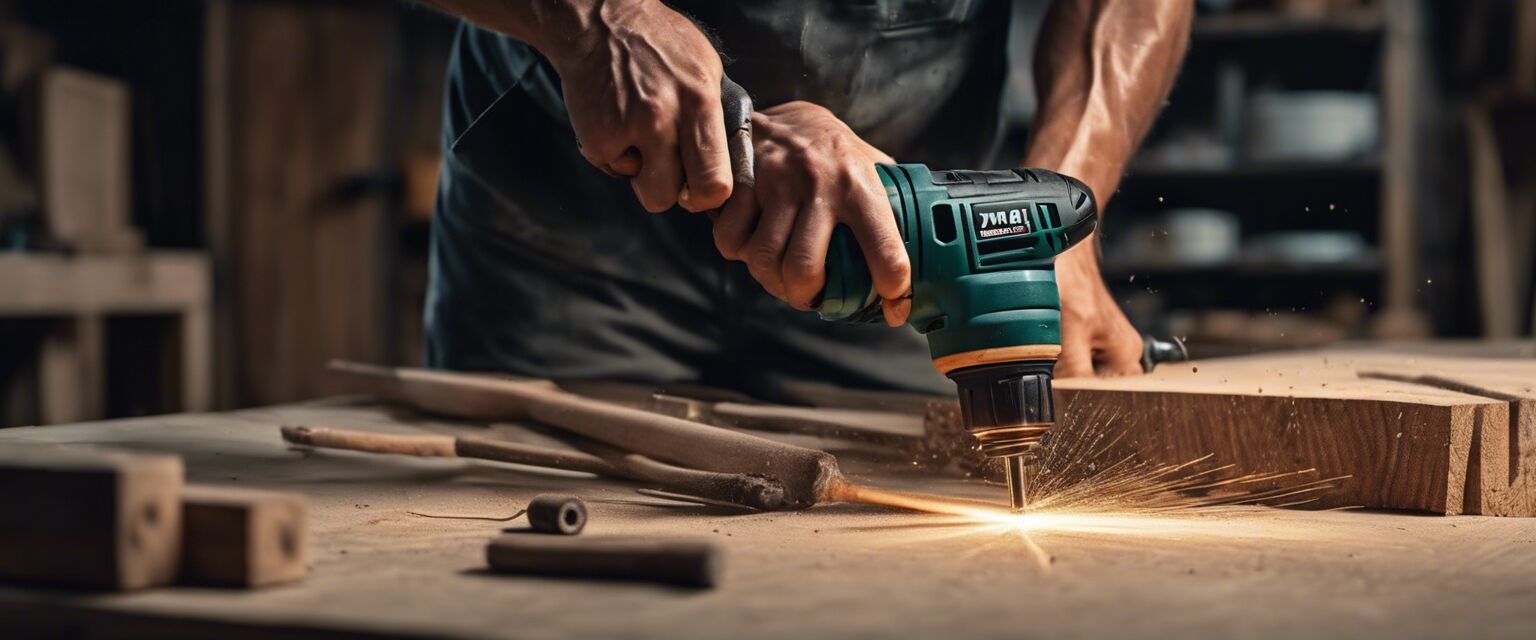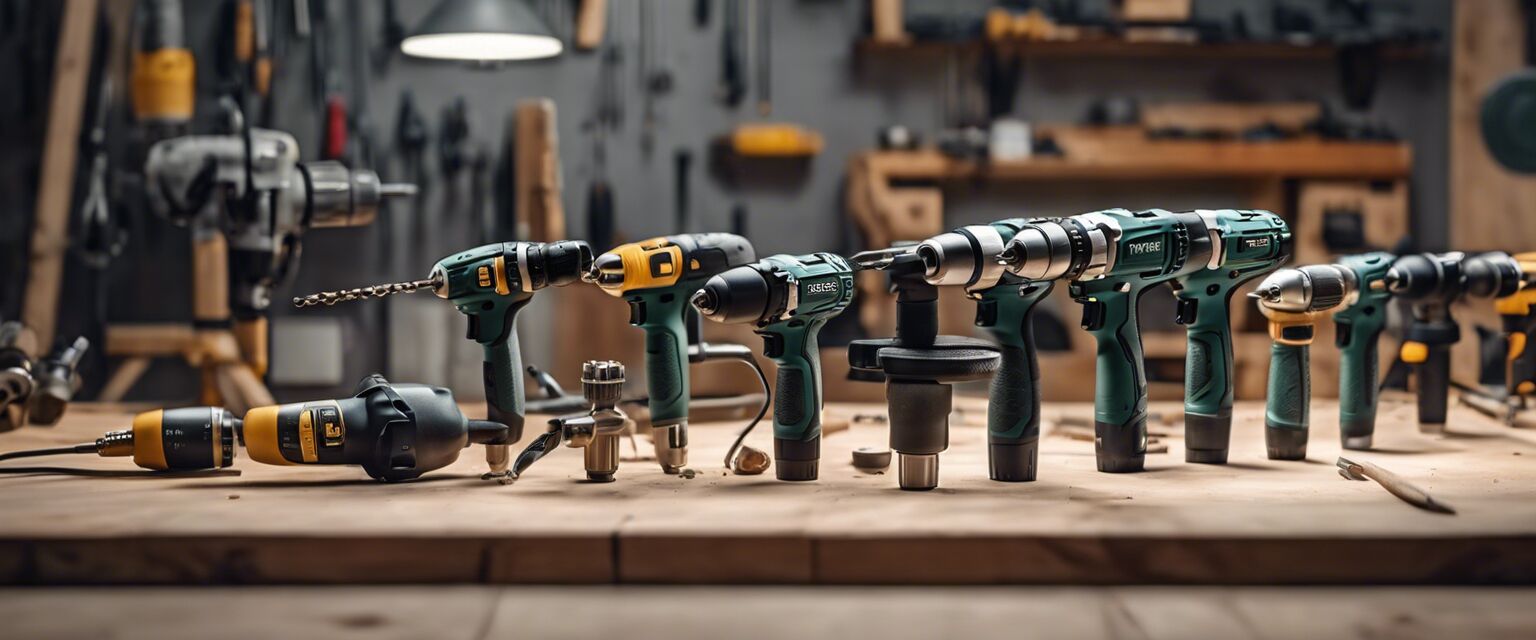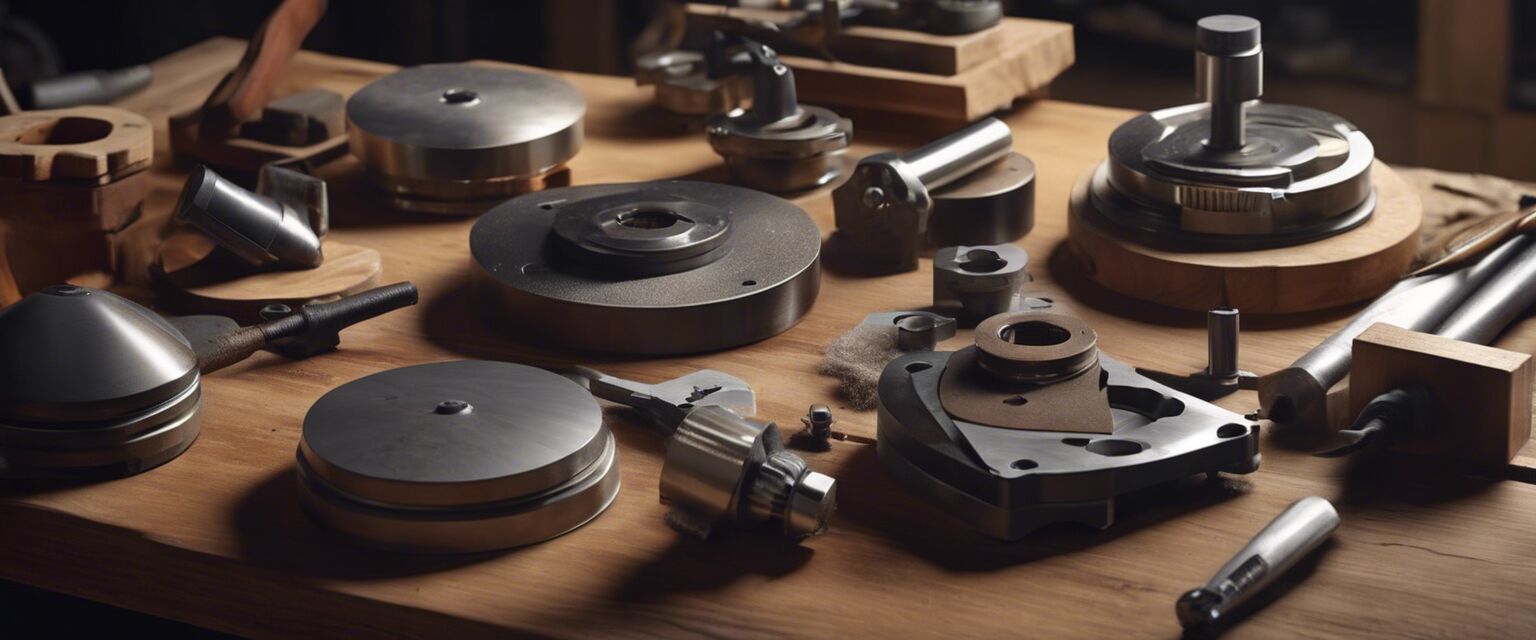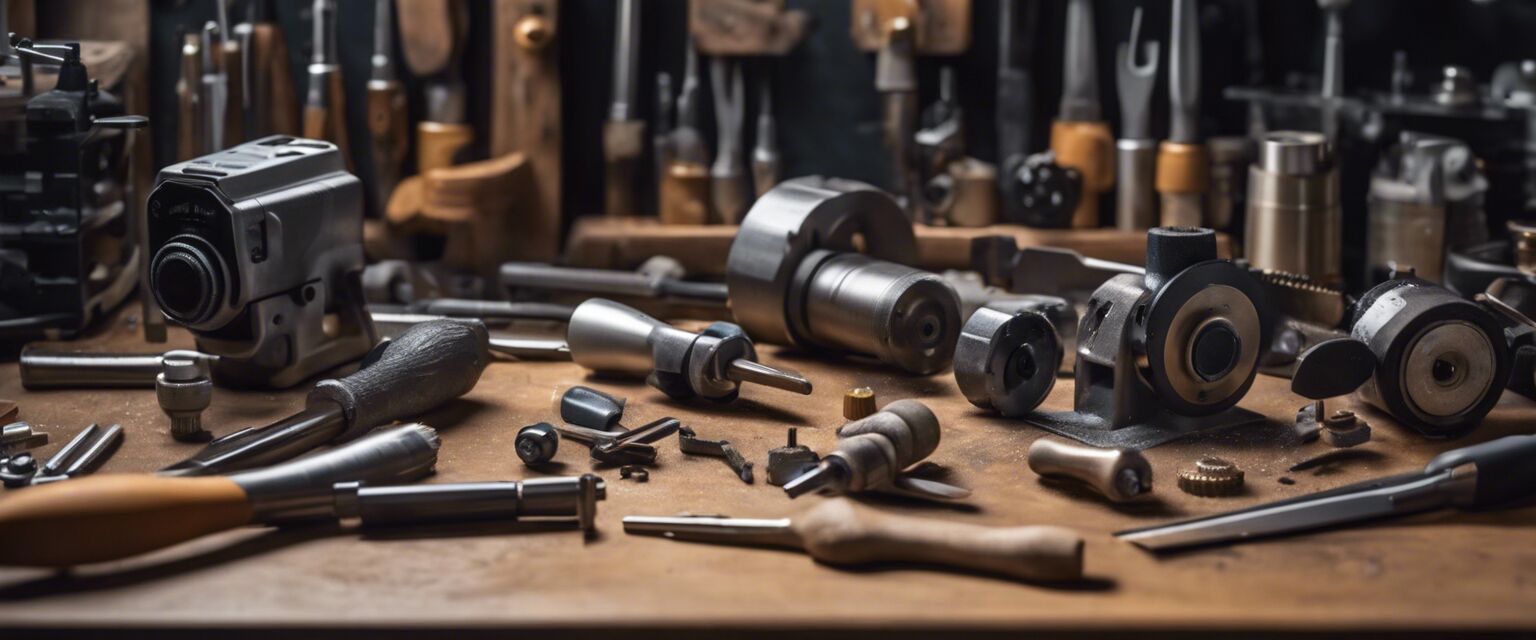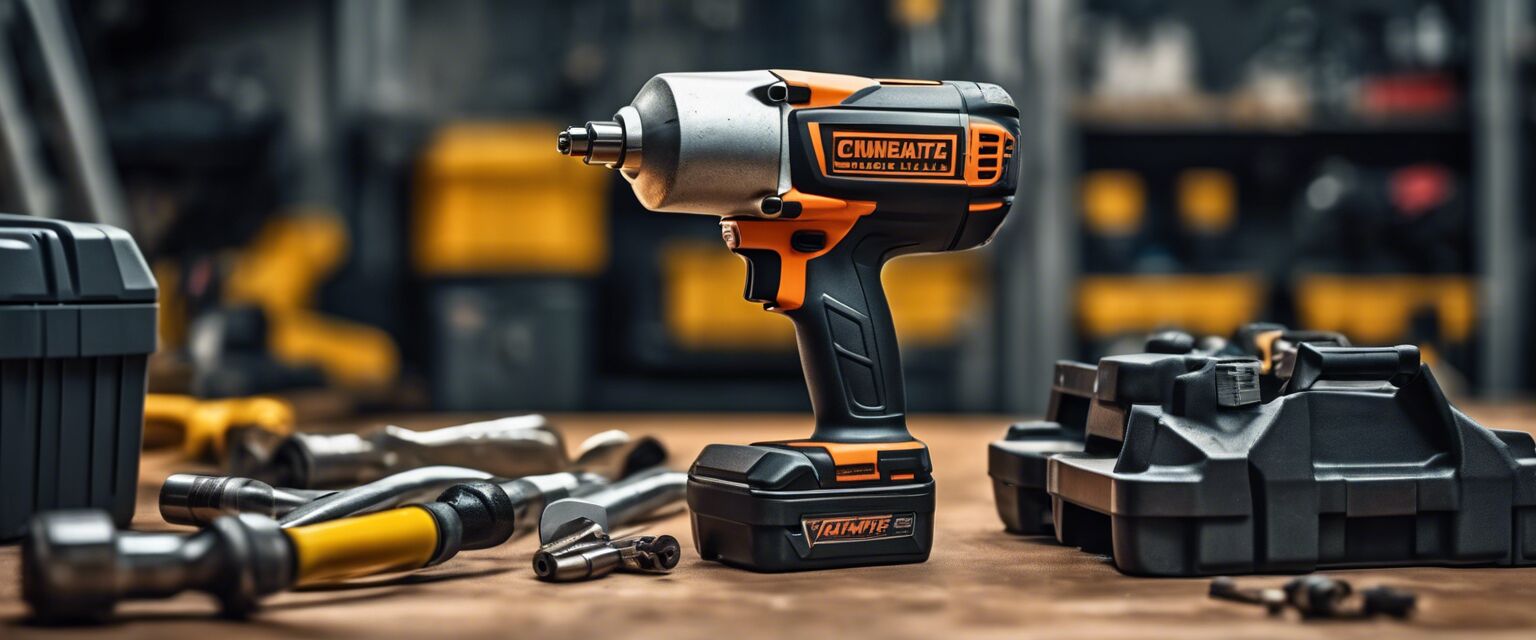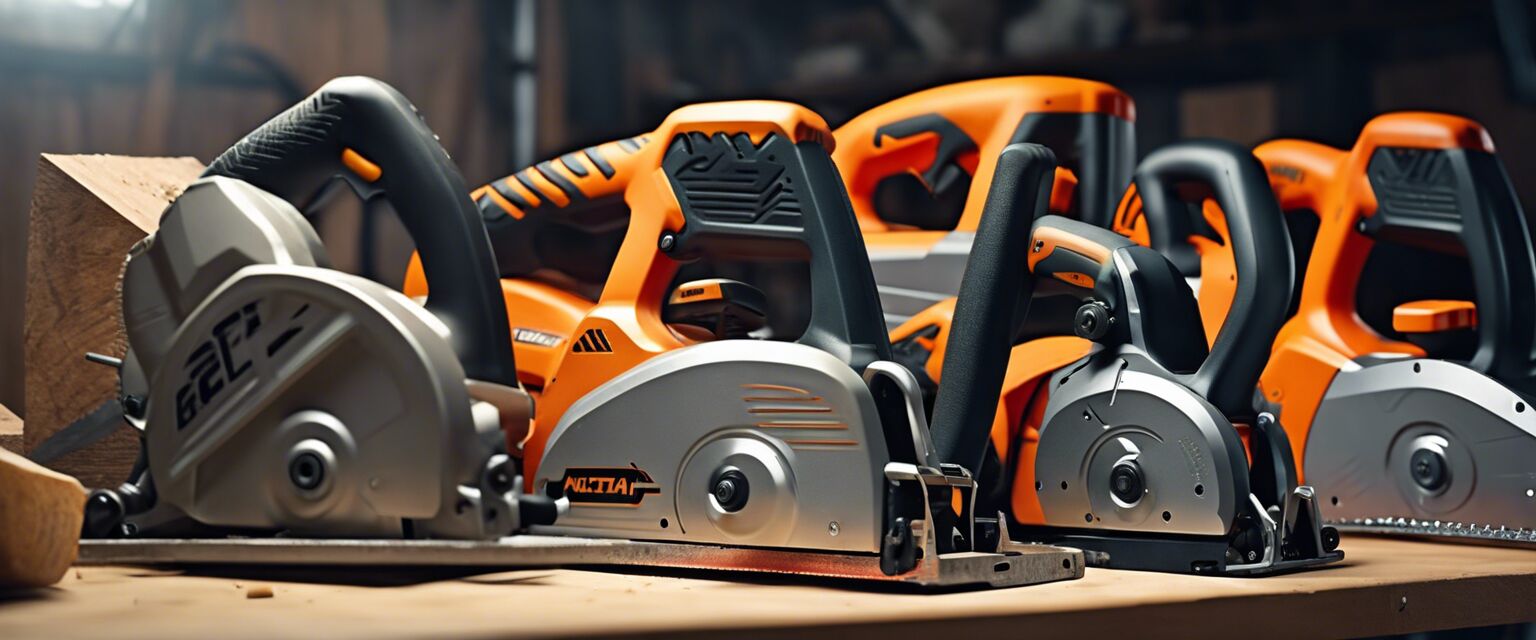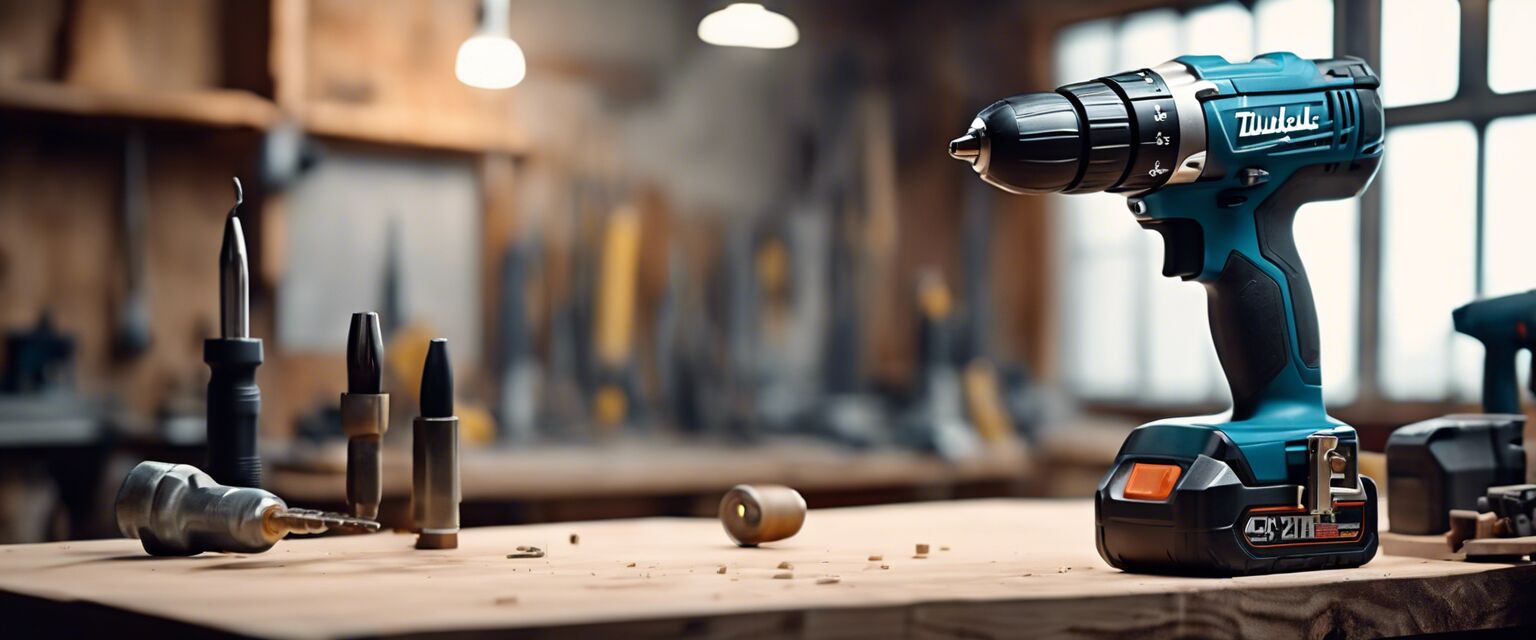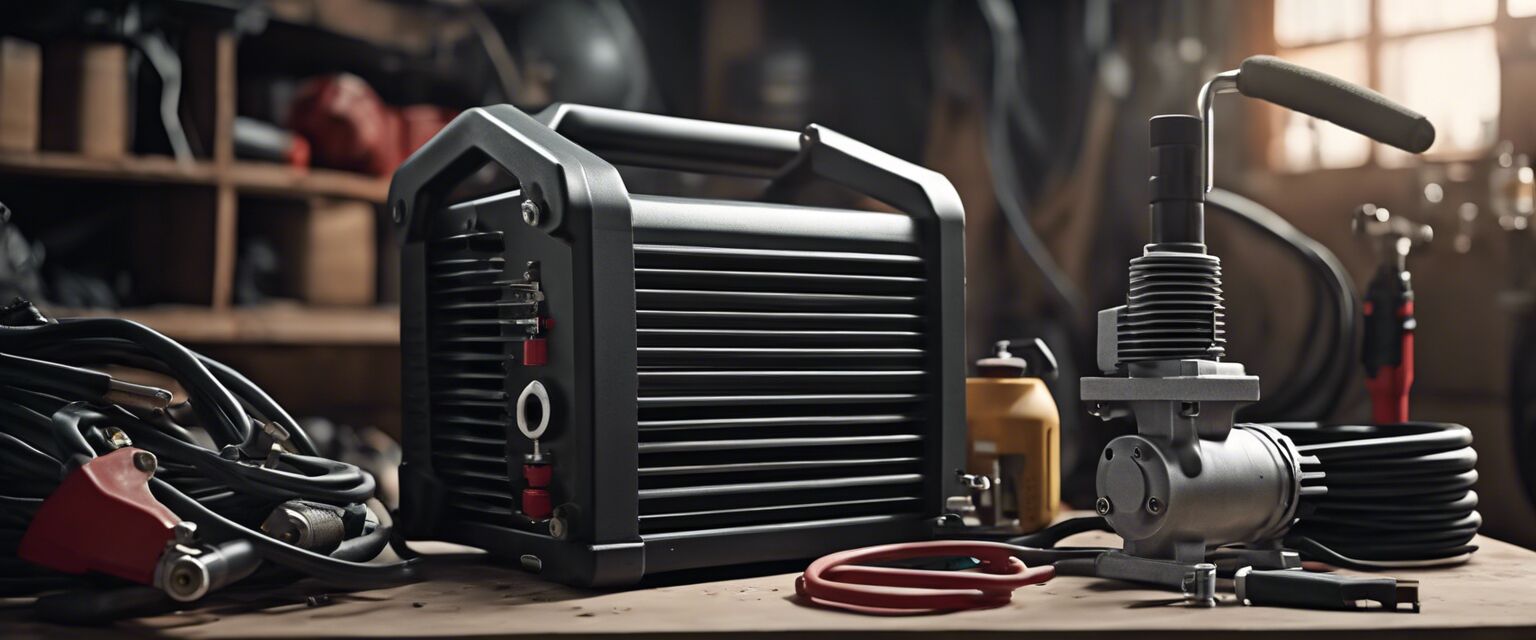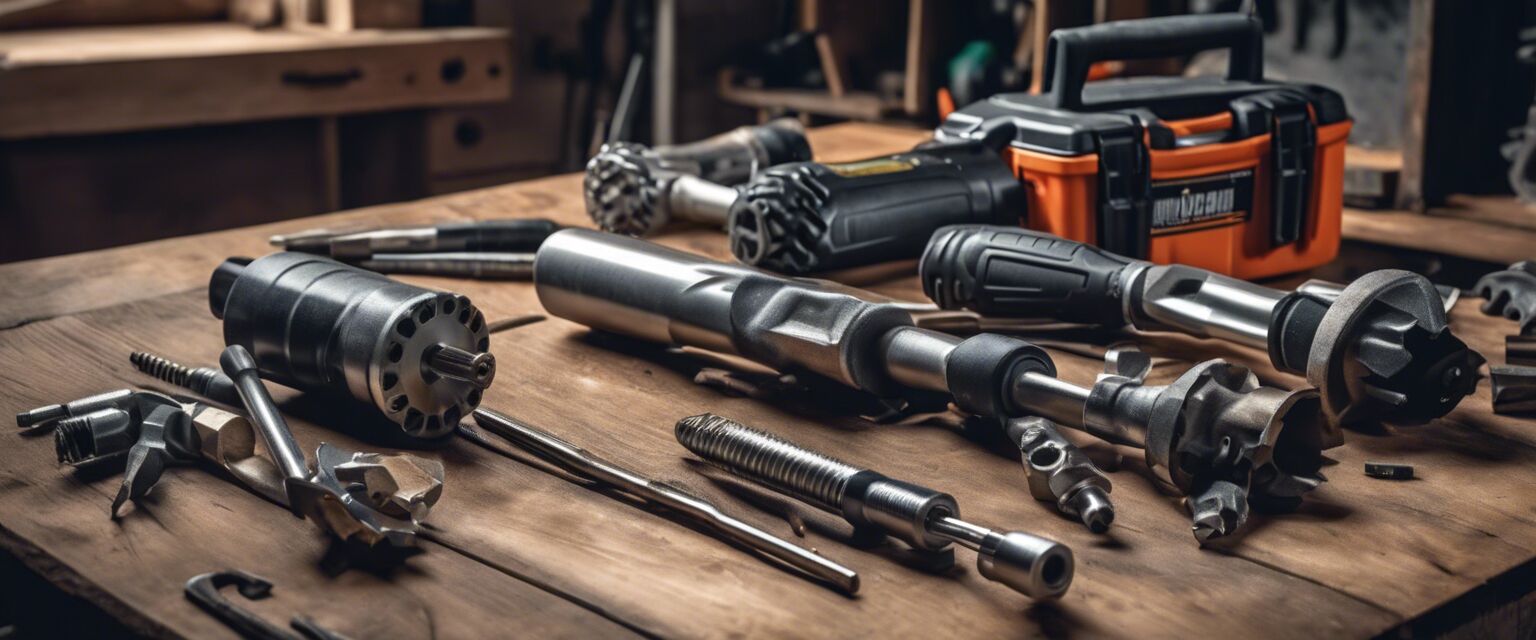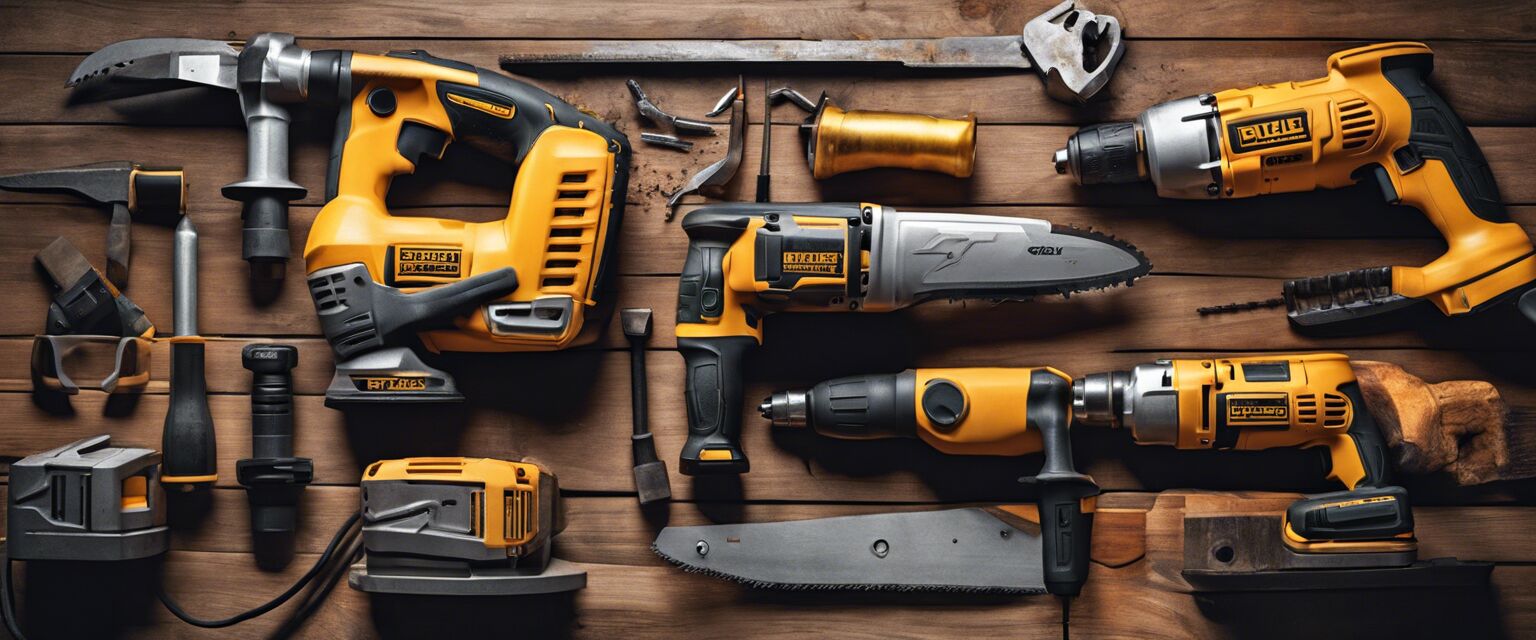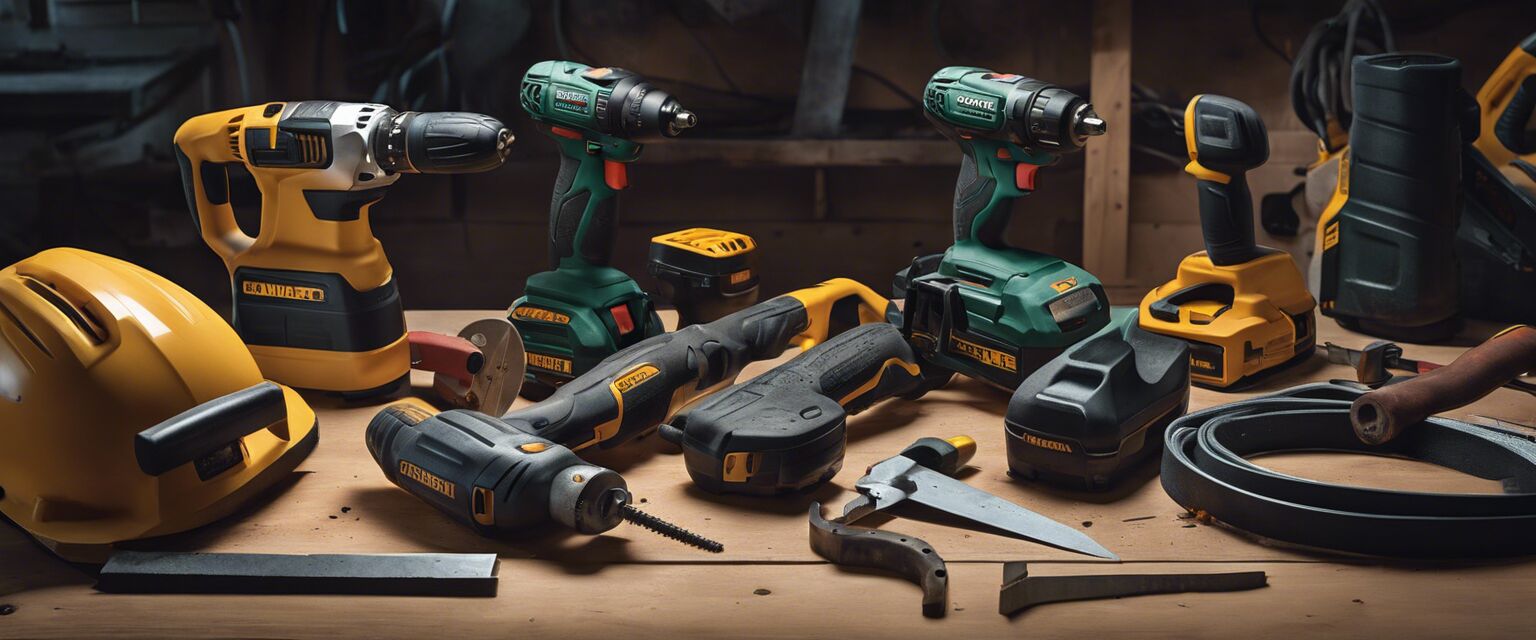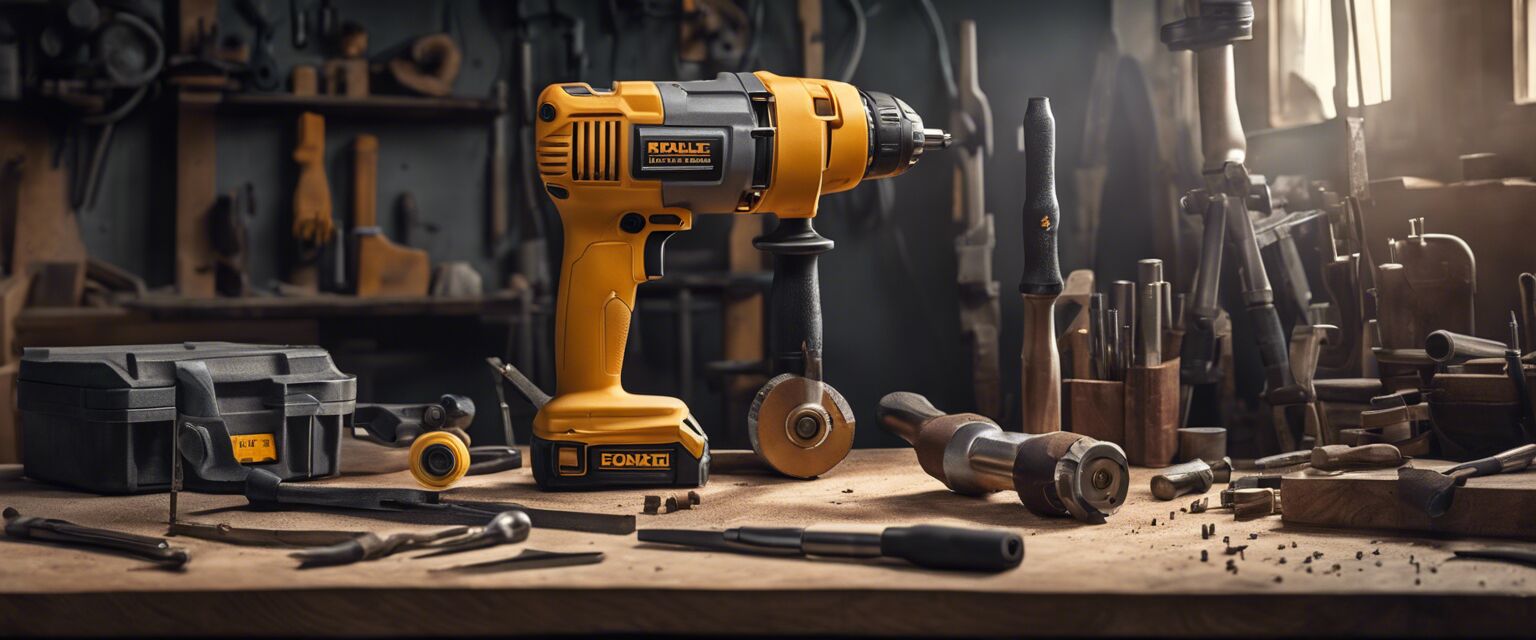
Corded Drills: The Ultimate Guide to Choosing the Right One for Your Needs
Corded drills are a staple in any workshop or DIY enthusiast's toolkit. With their reliability and consistent power, they're ideal for a wide range of tasks, from drilling holes to driving screws. But with so many options available, it can be overwhelming to choose the right one for your needs. In this article, we'll delve into the world of corded drills, exploring their benefits, types, and key features to consider.
Key Takeaways:
- Corded drills offer consistent power and reliability
- They're ideal for heavy-duty tasks and frequent use
- Key features to consider include motor power, speed, and ergonomics
Benefits of Corded Drills
Corded drills have several advantages over their cordless counterparts. Here are some of the benefits you can expect:
- Consistent Power: Corded drills provide a consistent flow of power, making them ideal for heavy-duty tasks and frequent use.
- Reliability: With a constant power source, corded drills are less prone to battery drain or loss of power.
- Cost-Effective: Corded drills are often more affordable than cordless drills, making them a great option for those on a budget.
Types of Corded Drills
Corded drills come in various types, each designed for specific tasks and applications. Here are some of the most common types:
| Type | Description | Ideal For |
|---|---|---|
| Hammer Drill | A drill with a hammering action for drilling into masonry and concrete | Masonry, concrete, and demolition work |
| Right-Angle Drill | A drill with a 90-degree angle for drilling in tight spaces | Tight spaces, corners, and awkward angles |
| Variable Speed Drill | A drill with adjustable speed for various tasks and materials | General-purpose drilling, driving, and mixing |
Key Features to Consider
When choosing a corded drill, there are several key features to consider. Here are some of the most important ones:
- Motor Power: Look for a drill with a high motor power (measured in amps) for heavy-duty tasks.
- Speed: A variable speed drill allows you to adjust the speed for different tasks and materials.
- Ergonomics: A comfortable grip and balanced design reduce fatigue and improve control.
- Additional Features: Some drills come with additional features like built-in lights, level indicators, or adjustable torque.
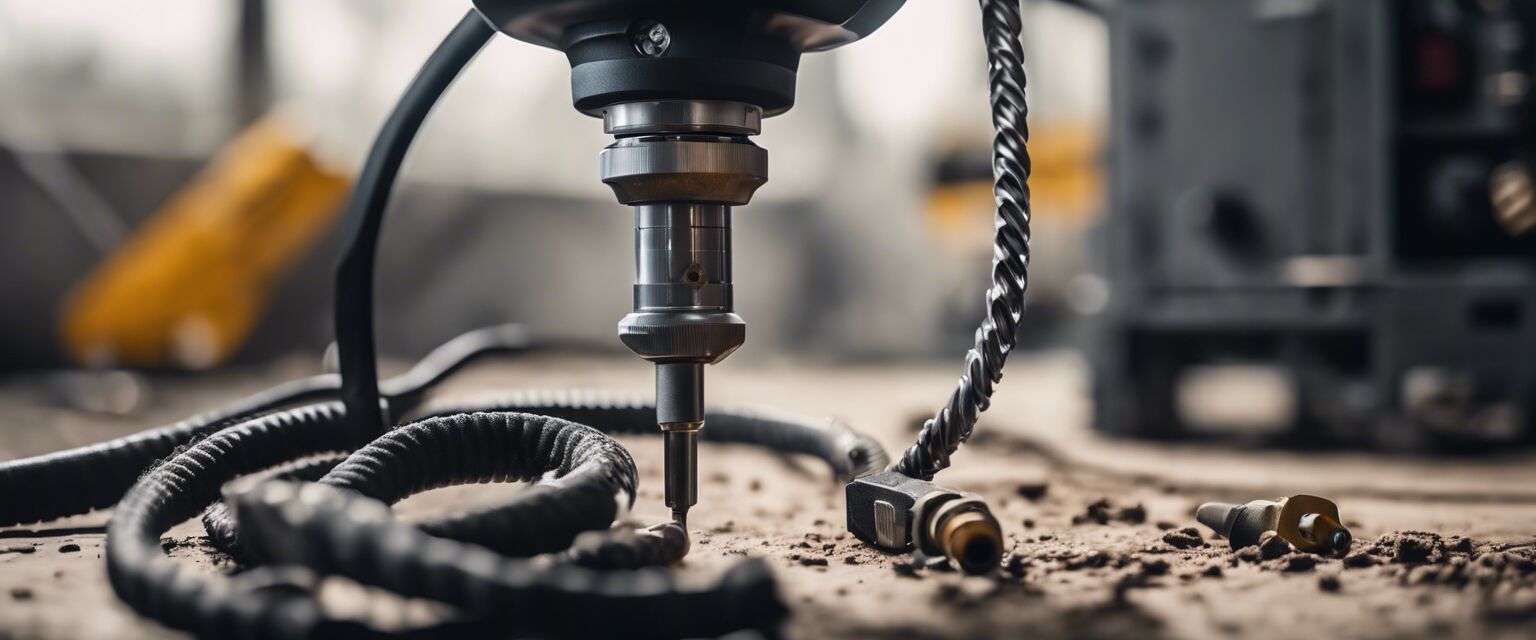
Comparison of Corded Drills
Here's a comparison of some popular corded drills on the market:
| Drill | Motor Power | Speed | Ergonomics | Additional Features |
|---|---|---|---|---|
| Drill A | 10 amps | Variable (0-2,500 RPM) | Contoured grip, balanced design | Built-in light, level indicator |
| Drill B | 12 amps | Fixed (1,800 RPM) | Rubberized grip, adjustable torque | None |
| Drill C | 8 amps | Variable (0-1,500 RPM) | Ergonomic design, adjustable handle | Built-in level indicator, soft-grip handle |
Pros
- Consistent power and reliability
- Ideal for heavy-duty tasks and frequent use
- Cost-effective compared to cordless drills
Cons
- Restricted mobility due to cord
- Requires a power source, limiting portability
- Can be bulky and heavy
Conclusion
Choosing the right corded drill for your needs requires considering several key factors, including motor power, speed, ergonomics, and additional features. By understanding the benefits and types of corded drills, you'll be well-equipped to make an informed decision for your next project.
For more information on power tools and accessories, check out our guides on cordless power tools, power tool accessories, and tool storage solutions.
